Radiology
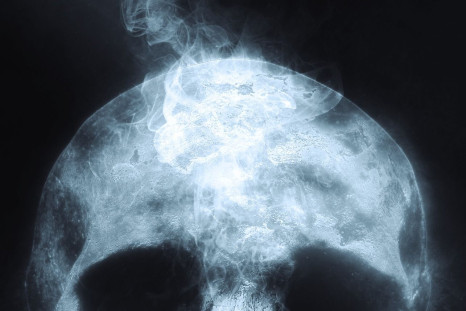
What Killed The Nazis In ‘Raiders Of The Lost Ark’? Science-Backed Reasons Their Faces Melted
Movie deaths are notoriously unrealistic, but what about the Nazis in "Raiders of the Lost Ark," whose faces melted when they opened the Ark of the Covenant? The science-backed possible causes of face-melting syndrome. 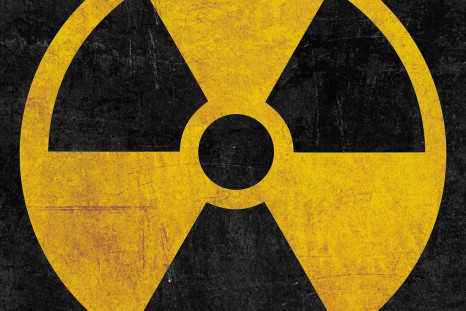
Breaking Point: How Much Radiation Can The Human Body Tolerate?
Radiation exposure can be a scary idea, but how much does it actually take to be fatal? 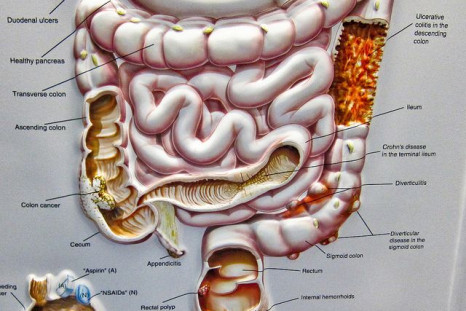
Colon Cancer Screening Recommended At Age 50 And Up, But 15% Of Patients May Get This Cancer Earlier
One in every seven colorectal cancer patients is younger than 50, the recommended age to begin screening: study. 
Japan Acknowledges Possible Radiation Casualty At Fukushima Nuclear Plant
Japan on Tuesday acknowledged the first possible casualty from radiation at the wrecked Fukushima nuclear power plant, a worker who was diagnosed with cancer after the crisis broke out in 2011. 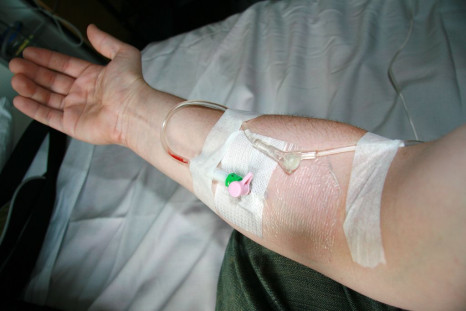
What Is Chemotherapy? The Ins And Outs Of Treatment, And How It Affects Cancer Patients
Dr. Nimmi Kapoor helps explain how chemotherapy works, and what researchers hope to find in the future. 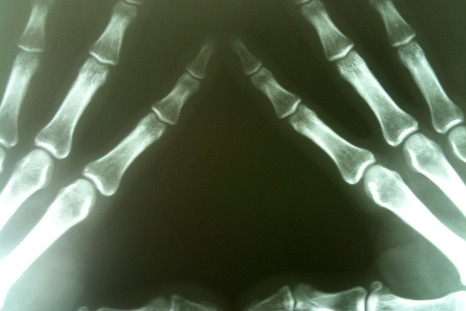
Carcinogenic Or Counterfeit? X-Rays May Not Cause Cancer After All, Proposes New Study
Evidence that medical imagining techniques are linked to cancer is being questioned by a new study. 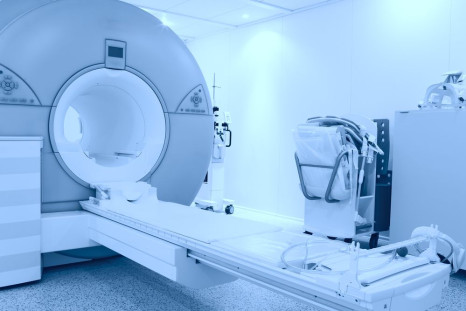
Radiation Therapy For Breast Cancer Increases Risk That Lung Cancer Will Follow
Breast cancer patients who receive radiotherapy have a small but significant risk of developing a subsequent lung tumor, a new study finds. 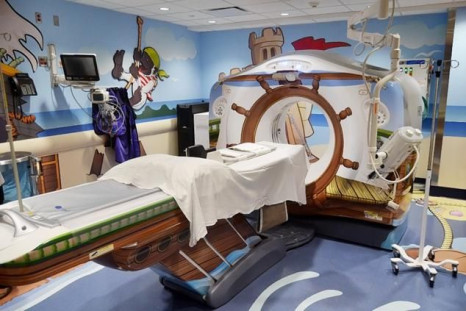
Pirate-Themed CT Scanner At NYC Hospital Helps Kids Get Over Fear Of Doctor Visits
New York-Presbyterian Morgan Stanley Children’s Hospital unveiled its pirate-themed CT scanner early this month. 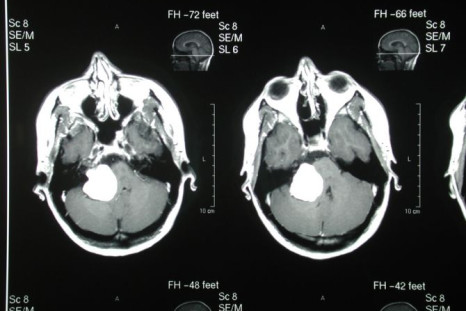
New Way Found to Image Brain Tumors for Better Survival
Patients who undergo neurosurgery after being diagnosed with low-grade glioma, a type of brain cancer, are still at risk of developing a more malignant state of cancer and their odds of survival has been unknown until now. ACR white paper prepares radiologists for participation in accountable care organizations
The latest American College of Radiology white paper, Strategies for Radiologists in the Era of Health Care Reform and Accountable Care Organizations, published in the May issue of the Journal of the American College of Radiology, offers strategies for successful radiologist participation in accountable care organizations (ACOs). ACOs are intended to create incentives for health care providers to work together to treat an individual patient across care settings — including doctor's offices, hospitals and long-term care facilities.



























